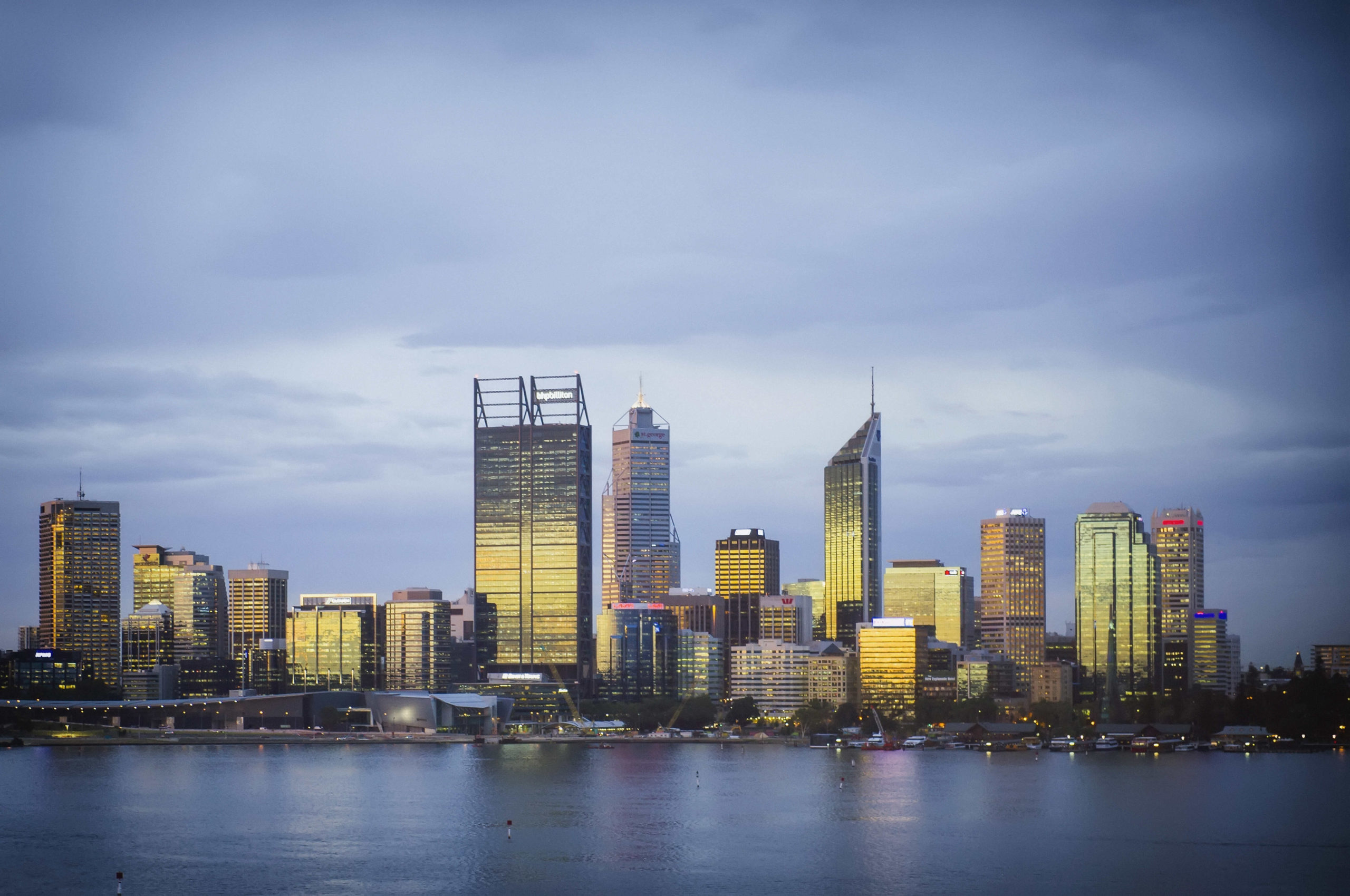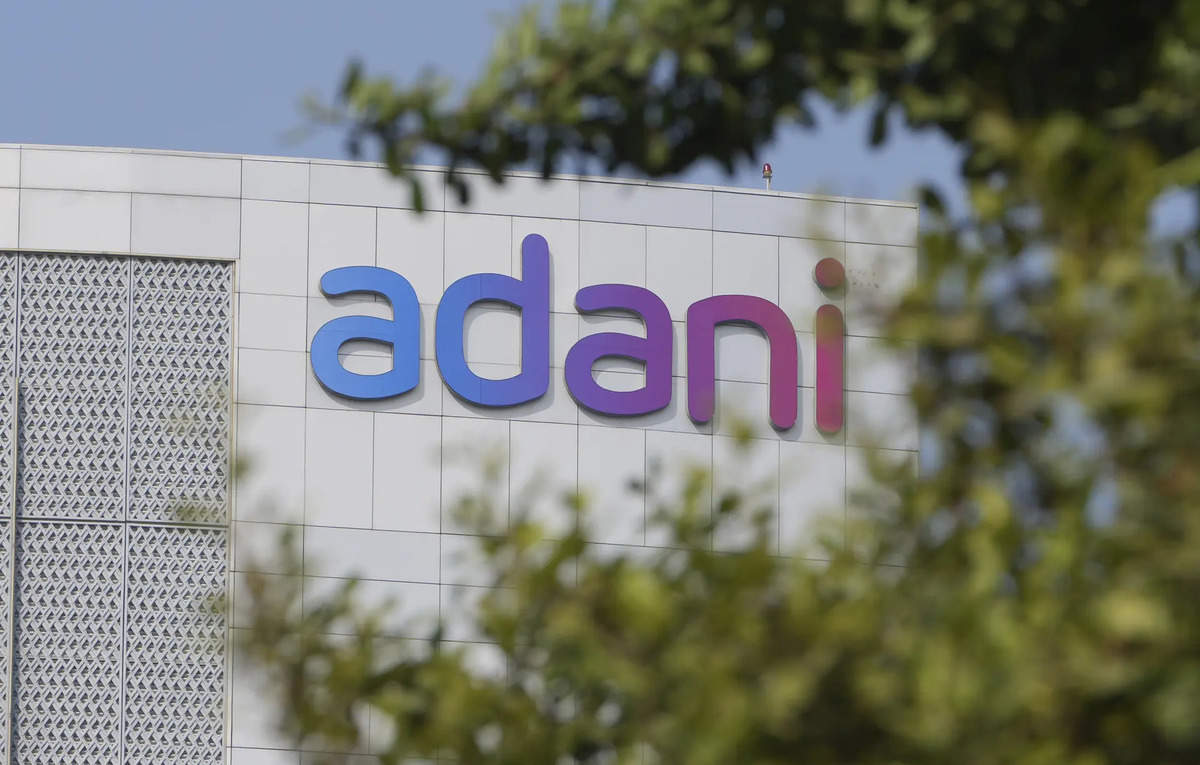Australian gov urges Future Fund to invest in domestic infra, ET

- by Admin
- November 21, 2024

Future Fund, Australia’s sovereign wealth fund, has been handed an updated investment mandate by the Australian government that will see it focus on investments in domestic infrastructure, the energy transition and housing.
The mandate is the first time that an Australian government has directed the Future Fund to consider specific asset classes when making investments and constructing its portfolio.
Federal treasurer Jim Chalmers and finance minister Katy Chalmers said in a joint statement on Thursday that the new investment mandate “will require the fund to consider Australia’s national priorities in its investment decisions, where possible, appropriate and consistent with strong returns”.
The pair outlined the three national priorities as: to support the energy transition as part of the net-zero transformation of the Australian economy; to deliver improved infrastructure located in Australia including economic resilience and security infrastructure; and to increase the supply of residential housing in Australia.
“This will mean more investment where we need it most but not at the expense of returns,” the ministers said, emphasising that Future Fund’s primary focus will still be on maximising its returns, and that it will still maintain its commercial focus and operational independence.
The updated mandate was accompanied by the fund’s first Statement of Expectations in the last 15 years that provides guidance on how to put the mandate into practice.
The statement said: “To support Australia’s economic prosperity, the board is expected to have regard to national priorities as part of its overarching investment and investment management strategy for the portfolio. This includes when considering new investments, as well as when managing its investments.”
The government also announced that it would defer the commencement of drawdowns from the fund until at least 2032-33, when the value of the fund is projected to reach A$380 billion ($247 billion; €235 billion).
Future Fund chair Greg Combet welcomed the changes in a statement, saying: “The priority areas are aligned with the Future Fund’s thinking as set out in its position papers and consistent with its investment focus on seeking more local currency exposure and protection against sustained higher inflation.”
Combet said the fund will also appoint a new executive director, energy transition to support the changes, as well as “developing strategies for further investment into housing and infrastructure”.
Future Fund was created in 2006 to make provision for unfunded future superannuation liabilities and was seeded with A$60.5 billion by the Australian government on its launch. Its mandate has always required it to deliver returns of CPI plus 4-5 percent over the long term, and this has not changed with the latest update.
The value of the fund stood at A$229.7 billion as at 30 September 2024, according to its most recent quarterly portfolio update.
At the same date, the fund had A$22.7 billion invested in infrastructure and timberland, or 9.9 percent of its total portfolio. It also had A$11.2 billion invested in property, or 4.9 percent of its portfolio, and A$29.6 billion in private equity, or 12.9 percent of its portfolio.
Among its infrastructure holdings is an investment in Tilt Renewables, one of the largest developers of clean energy infrastructure in Australia, which it made alongside QIC in 2021. It is also a shareholder in Melbourne Airport and Perth Airport, as well as in data centre developer CDC.
As well as QIC, its investment managers in unlisted infrastructure include Dexus, EQT Partners, Global Infrastructure Partners, Morrison and Morgan Stanley Infrastructure Partners.
Separately, Future Fund announced a series of internal promotions and appointments this week as it continued a reorganisation of its investment team.
In private markets, James Fraser-Smith was appointed to the new role of executive director, infrastructure; Shikha Gupta was appointed executive director, alternatives; and Kelvin Mak-Lui was appointed executive director, private equity. In addition, Wendy Hu was appointed executive director, portfolio integration and Jackie Chin to the role of executive director, dynamic asset allocation.
This follows changes announced in September, where David Bluff and Tammi Fisher were appointed to the roles of joint managing directors, real assets. Bluff is overseeing the private equity and credit teams, while Fisher is managing the infrastructure and property teams.
The Latest News
-
December 26, 2024‘Hands like Copperfield, eye of a dead fish’: Konstas-mania and the 75 minutes that rocked cricket
-
December 26, 2024LIVE Boxing Day Test: Khawaja sent packing in shock wicket; Konstas knock a highlight
-
December 26, 2024Boxing Day sales: crowds flock to stores around Australia in search of bargains
-
December 26, 2024Sam Konstas blows cricket world away with stunning debut
-
December 26, 2024Cricket: Australia’s Kostas gets better of India on debut





